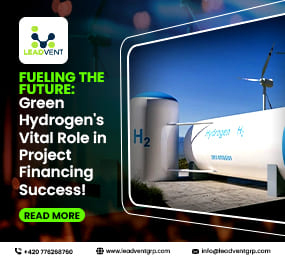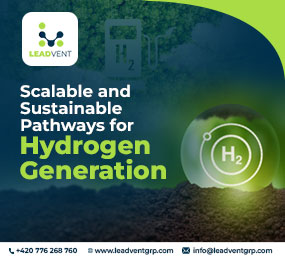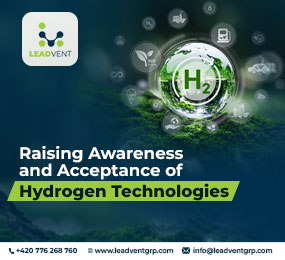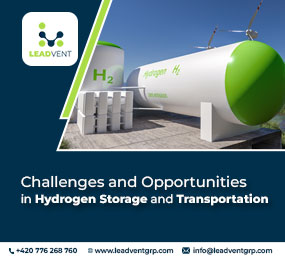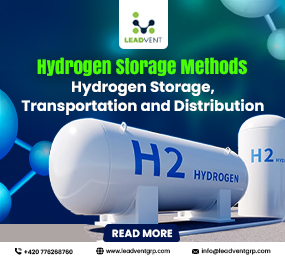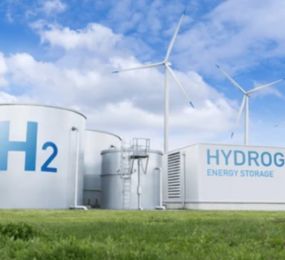In the new world order of green energy, hydrogen is viewed as the magic bullet, and green hydrogen, in particular, is for cutting CO2 emissions and achieving energy security. However, it needs a stable of legal requirements that reward innovation and give the adoption of FRCs momentum. This blog focuses on policies needed to support hydrogen adoption with a focus on requirements, challenges, and hydrogen events such as the Hydrogen Conference, World Hydrogen Summit, and Green Hydrogen Conference.
The Role of Regulatory Frameworks in Hydrogen Adoption
Hydrogen, primarily green hydrogen, has high possibilities in diverse domains of the economy, including power, transportation, and manufacturing. Despite that, having a clear legal context is crucial for enhancing and increasing the use of such a procedure.
1. Establishing Clear Standards and Certification Processes
To establish a standard and due process for green hydrogen, defining the term—green hydrogen—is the foremost thing to do, thereafter, its regulation. To fit the sustainability agenda, the given approaches and methods should be in line with hydrogen production and its efficiency.
2. Financial Incentives and Subsidies
The production of hydrogen is still costly through the known means and approaches. Hence, there is a dire need for backing and tax exemptions for better research and uses.
3. Hydrogen Infrastructure Development
To develop hydrogen infrastructure, there is a dire need for policy formation and implementation about developing hydrogen infrastructure centres such as refuelling stations, pipelines, and stores. The governments should play an enabling role.
Challenges in Developing Regulatory Frameworks
1. Regulatory Fragmentation Across Borders
Hydrogen has its barriers because the regulations differ from country to country. Businesses face many challenges when trying to adapt their operations internationally, thus making expansion even more difficult and could result in potential obstacles and time delays.
2. Balancing Regulation and Innovation
The governments have to assess the levels where they do not set standards that are restrictive of creativity in an attempt to realise the safety and sustainability of the products that are invented. According to the findings, it becomes apparent that hydrogen technologies require a balance in advancing the regulating environment and the propagation of innovation's advancement.
3. Integration with Existing Energy Systems
Adopting hydrogen in our energy mix, and particularly in mapping to our dependence on burning oil and gas, presents itself with major challenges, such as how to maintain the balance of the electricity grid.
Case Studies of Successful Regulatory Frameworks
1. Germany’s National Hydrogen Strategy
Germany has put resources into green hydrogen, although the fuel remains expensive and not yet competitive with regular hydrogen compounds. The Green hydrogen projects are financed with this plan.
2. Japan’s Hydrogen Roadmap
Target areas in Japan’s hydrogen strategy include fuel cell vehicles and refuelling stations. Its purpose is to set the international reference price for hydrogen and to stimulate the production and construction of hydrogen infrastructure.
3. The EU Hydrogen Strategy
The EU has an objective on the creation of renewable hydrogen at 10 Mt by 2030. It has created impressive hydrogen strategies for production and distribution with corresponding policies.
The Role Played by Such Functions as the Hydrogen Conference
Industry forums such as the Hydrogen Conference, the World Hydrogen Summit, and the Green Hydrogen Conference remain pivotal in the advocacy of change in the regulatory environment and provide platforms for stakeholder meetings. These conferences provide platforms through which policymakers and industry players harmonise on regulatory measures and breakthroughs.
Key Points of the 8th Edition CEE Hydrogen Summit
As the event organised by the Leadvent Group, the 8th Edition CEE Hydrogen Summit becomes a key event for the further development of hydrogen strategies, policies, and advancements in the CEE region. This Hydrogen Conference is set during a crucial point for transitioning the world’s energy system and intends to gather policymakers, industry leaders, investors, and technology pioneers to discuss the future of hydrogen.
Such meetings for the hydrogen industry will include panel discussions, expert keynotes, and networking sessions to help bring together representatives from different sectors and drive the advancements in hydrogen utilization. It is here that participants can look forward to interacting with decision-makers behind policies, orienting to market trends, and grasping potential investment, which would realise the true potential of hydrogen techniques.
The 8th Edition CEE Hydrogen Summit also addresses the strategy of adding more hydrogen to existing energy infrastructure while at the same time emphasising supportive policies.
Frequently Asked Questions or FAQs
Q1: Why are regulatory frameworks important for hydrogen adoption?
A1: They define expectations with minimal ambiguity to enable hydrogen technologies to grow, they motivate the form of incentives, and they facilitate physical support for hydrogen technologies in the form of infrastructure development.
Q2: How can governments incentivise hydrogen adoption?
A2: Government incentives such as subsidies, tax credits, and financial assistance to support the hydrogen projects are important in lowering the costs of green hydrogen technologies.
Q3: What benefits does attending the Hydrogen Conference offer?
A3: The Hydrogen Conference focuses on the burning issues in the hydrogen domain, including policies and markets, as well as new technological solutions.
Conclusion
A strong, robust regulatory framework and adoption will fuel hydrogen technologies globally. Governments provide clear rules and important money and resources to support green hydrogen's success. New events will happen around the world, like the Hydrogen Meetup, Global Hydrogen Assembly, and Hydrogen Eco-Conference.



